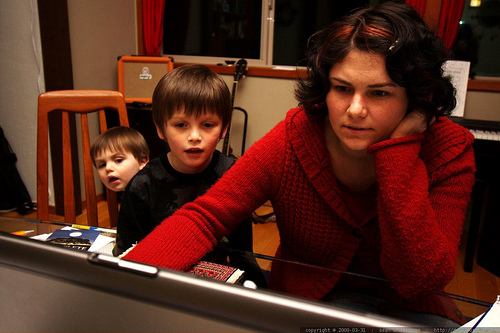Given the events of the past week here in Australia, (we have just got a new Prime Minister) I have been thinking about politics and how teenagers engage with politics.
The adolescent task of establishing an autonomous identity is commonly associated with a period of moratorium. This period of moratorium is when a teenager has yet to make a commitment to what they stand for or believe in. It is during this time that teenagers explore or experiment with various viewpoints or ideologies, including political ideals.
Various environmental factors and influences affect the development of these political ideals and values. Keys to teenagers establishing a coherent political viewpoint are;
- Exposure to differing political points of view.
- Contexts where they are required to grapple with the impacts of social issues.
- Opportunity to be heard and / or express their view.
Teenagers & Political Engagement
In a recent survey released by Habo Hotel 66% of Australian teenagers claimed to be interested in politics. 50% said that they were interested in voting with 27% saying they wanted to vote.
These figures correspond to research published by the Australian Electoral Commission in their report on youth and voting intentions. When asked if they would vote 87% of Australian teenagers indicated that they would after the age of 18. However if voting was voluntary that number dropped to approximately 50%.
Other interesting findings from the AEC report include:
- The most common form of political activity experienced by surveyed students is signing petitions (55%), followed by collecting signatures for a petition (21.2%), and taking part in rallies or demonstrations (15%).
- Female students are more likely than male students to engage in non-violent, “normative” forms of political activism, while male students dominate the more violent “non-normative” types of behaviour.
- Participation in specific civic activities has a positive relationship with the intention to vote in Federal elections.
- The “popular” social movements for students are the peace/anti-war, the environment, the free asylum-seekers/refugee movement, and the Aboriginal Land Rights movement
- Female students are more likely than male students to say they would attend movement demonstrations for social movements.
Parental Influence
In relation to parental influence on political view the Habo research found:
- 50% of Australian teens would make an independent choice on who to vote for
- 22% said they haven’t decided if they will or won’t follow their parents voting habits
- 10% of teen surveyed did not know how their parents voted
A 2005 Gallup poll of teenagers in the US found that 71% of teens claimed their social and political ideology was about the same as that of their parents.
Is your teenager interested in politics?
Image by [ ðårk¯størmÿ_ñïght ]






